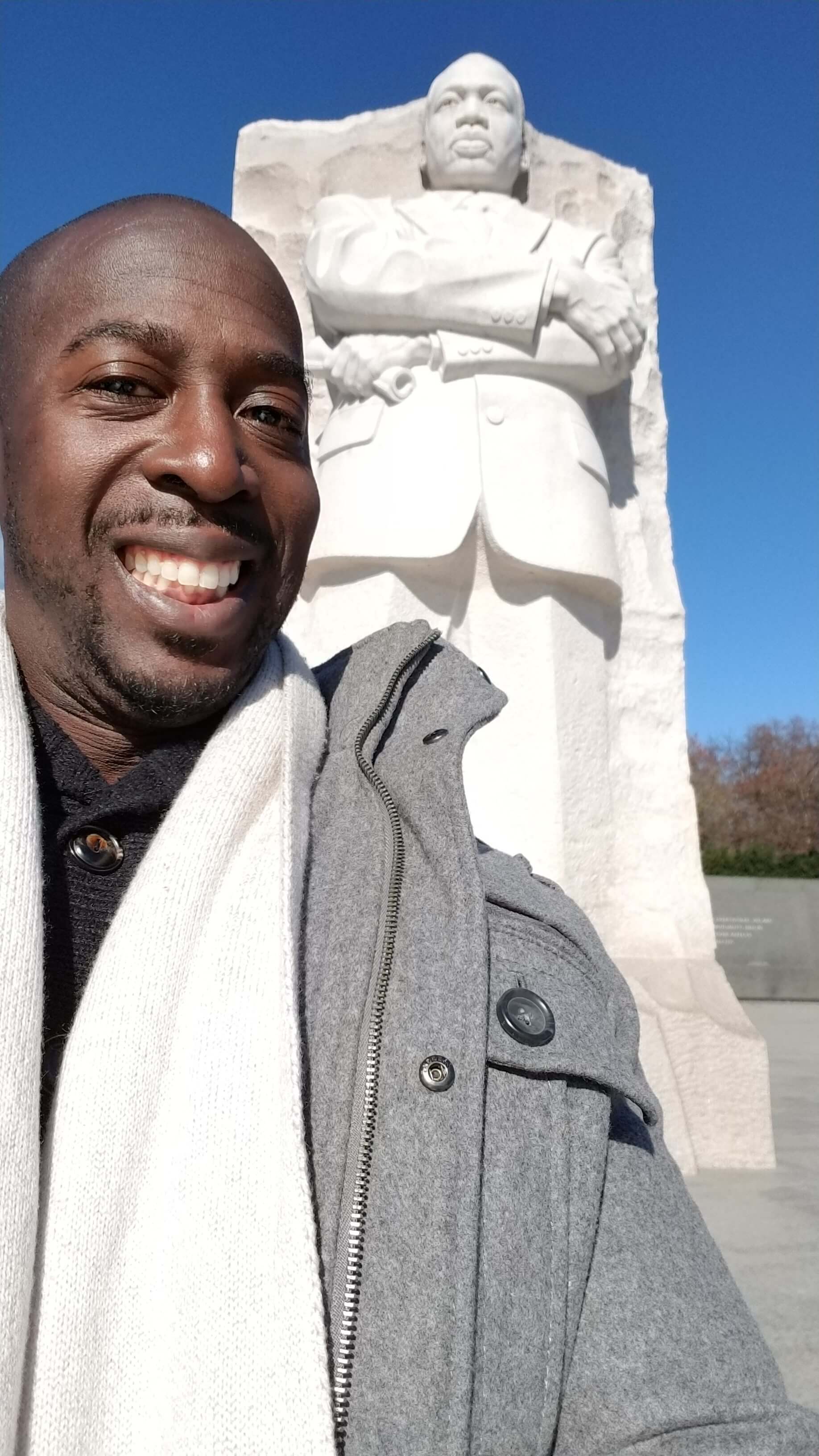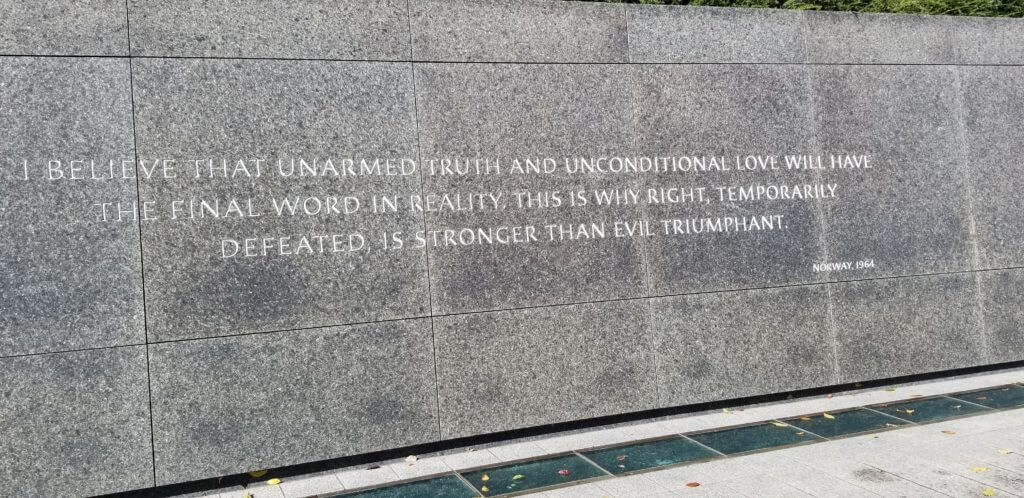The long history of minorities in this country is often that of trial and pain. But it is also one of survival and triumph. In my lifetime I have seen the impossible become possible. I have grown personally from a community where only my teachers were white, to sharing with, traveling with, learning from, laughing with and teaching others of different hues and backgrounds. My voiceover community is one of the kindest, most loving communities of people I have ever met. We come from all over and have one big thing in common that no-one but us understands; what it’s like to talk to yourself for a living.
Voice Actors Are Diverse
VO talents meet socially at Uncle Roys VO BBQ and at conferences from VO Atlanta to the Euro VO Retreat. We understand one another. But we are all different. Our challenges are different. I know that when I leave the conference or the BBQ or whatever gathering, I still live with the fear of being targeted by police driving home. From the moment those blue lights start flashing, my very existence is marked with a question mark. It’s painful. It is haunting. It’s what so many people deal with in the United States.
While that may seem like a Debbie downer to those who may not go through or even have witnessed this  as a reality, I personally don’t think it is. It is a part of the story that I bring to voiceover. Often I am hired to do African American voice acting. I am hired to read and interpret a part.
as a reality, I personally don’t think it is. It is a part of the story that I bring to voiceover. Often I am hired to do African American voice acting. I am hired to read and interpret a part.
I imagine who these people are in this role. What do we have in common? Is this voice that of a first-generation American-born immigrant like I am? Or were they the sons and daughters of those who fled from the south in search of job opportunities in the north? Did they leave their neighborhoods and travel an hour on the train every day to go to a better school as I did? I often hear Dave Fennoy talk about creating a character’s past, present, and future in relation to video games. This is true in all of voice acting. What I bring, and what all of us as voice actors bring, is our story. It’s a story that is difficult to understand if you’ve never lived it or replicate.
Voice Acting Is Different From Acting
Voice acting is a unique field. Unlike acting, we can be versatile in the roles that we play because we are not seen. It means that we can play the roles of children even when we are adults. We can be aliens even when we are earthlings. We can execute a variety of parts; as long as the audience believes it. That’s what acting is. But still, often we are cast because what we are asked to play is far from acting. It is closer to who we are.
Sometimes it’s simply closer to who the client or casting director thinks we are. Yes, like in all aspects of society, stereotypes play into the roles we are asked to play as voice actors. There’s the incoherent black guy. The loud, rolling the neck “sista”. The fiery Latina. And a host of other ideas that others who are not of that community have, but cast for. Those stereotypes misrepresent the spectrum of diversity that our communities have and can be offensive and hurtful, but often just for the opportunity to have roles at all, we play them in good faith. That’s not to say that all of the roles offered to minority actors are of offensive nature, but they do represent a portion.
Why Voice Actors Should Be Themselves
So you can imagine how especially insulting it is when members of other communities take on those roles and represent themselves as part of that community when they are not. The interpretations of those roles further reinforce those stereotypes. For black actors, it can be interpreted as the equivalent to voice acting blackface. Often it’s troubling because the number of roles for minorities is already limited. When sent auditions, you have to read between the lines as to whether or not American Neutral includes you. For minority actors who are not African American or Latino, like Asian Americans or Native Americans, the roles in Voice Acting are almost non-existent.

Do You Have An Ethical Responsibility?
When you start getting into race and culture and role-playing, there start to be ethical and credibility questions. Overall, both topics have a lot of grey area. Who is to say who is allowed to play a role? Is there a committee? Should the guy who “sounds black” take on a role that was intended for a black actor? What are the ethical lines? Should you audition for roles that you can execute even when you are not a member of that community and what do you do once you have landed those roles?
Do you tell the client that you are really a British actor who just does a really good Guatemalan accent or do you continue doing the job and collect the check no one the wiser? Do the same rules apply when nonwhite actors take on roles that were probably meant for white actors? Why did the client or casting director want someone of a particular background to begin with? Was it just for the voice and the ability to connect to a specific community? Or was it to support a member of that community with a role that fit them; knowing that that community is underserved with appropriate acting roles? These are the grey areas and there are a lot more questions than there are answers.
Be Thoughtful And Respectful When Picking Voice Acting Roles
With all of this in mind, I default to the basic tenets that I have when discussing diversity in general. Be thoughtful in your decisions. Be mindful that these are issues that deal with self-identity and therefore they are highly emotional and can be hurtful. Respect the culture, regardless of what culture it is. Seek a deeper understanding of where people are coming from by asking as many people as possible about their perspectives. You may not get the answers you want to hear, but you will get the answers you need to hear. These topics are hard to confront. However, in a community as loving and accepting as the voiceover community, we can both confront and overcome them together and be an example to the rest of the country.


